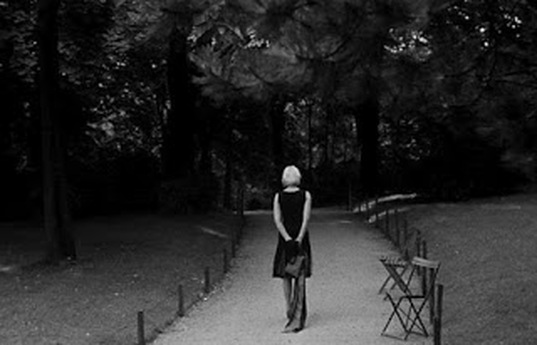 Agnes Varda's Cleo 5 to 7 tells the story of Cleo, a french singer who is on edge while she waits to hear back from her doctor about recent test results. The film begins at a fortune teller's establishment where we find Cleo desperate to be told everything is alright. The fortune teller does not give her such news, telling Cleo that she sees a complete transformation in the near future which could symbolize death. Unable to hear anymore, Cleo leaves in a panic, cruising the streets of Paris in an effort to take her mind off of her greatest fear - death. Cleo 5 to 7 is an expertly well-crafted character study of a vapid woman who begins to slowly realize she is nothing more than a pretty face, merely something to be displayed for her employers' financial benefit. This is a film about the transformation of Cleo, a vapid, narcissistic woman who is only interested in herself, viewing beauty as the most important thing in life. Agnes Varda's direction throughout this film is very impressive, making fascinating visual decisions that only aid in elevating the overall themes and emotion of the film. While Cleo's views and overall narcissism is abundantly clear from dialogue alone, Varda brilliantly takes it one step farther in the early scenes of the film, using an over-abundance of mirrors to visually symbolize both the narcissistic tendencies of her main protagonist while also signifying the notion that she is simply visual stimulant for society. Varda uses point-of-view style insert shots to perfection as well, capturing the head-space of Cleo, a woman who believes the world revolves around her. Taking place around the time of the crisis in Algeria, Varda juxtaposes this crisis with Cleo's mixed up priorities throughout the film, using radio broadcasts, overheard background banter, and of course the soldier. Cleo's fear of death pushes her to finally wake up from her vapid reality, understanding that there are far more important things in life than appearance. Towards of the end of the film, Cleo meets this aformentioned soldier, a man who is interested in her thoughts as well as aesthetics. This man is headed to Algeria, which effectively closes out the film on both a character and thematic level.
0 Comments
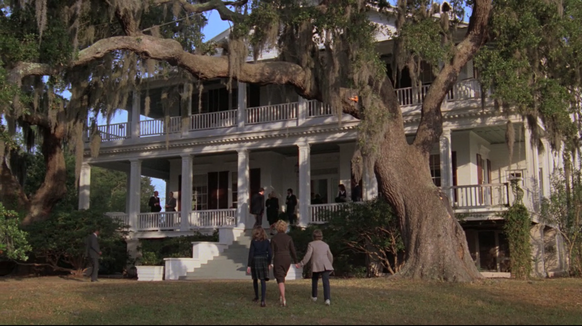 Eight college friends, who are all grown up and hardened by the "real world", come together for the funeral of Alex, one of their best friends who recently committed suicide. Attempting to make sense of their friend's suicide, the group spends extra time together, getting reacquainted as they come to terms with their vanishing idealism about the world, something they lost from their youth. The Big Chill is a film that says and does all the right things in its deconstruction of middle age, tapping into the fears and anxieties many face in dealing with their fall into complacency. That said, The Big Chill really lacks depth and nuance in exploring these ideals, only really scratching the surface of these characters, opting instead for shallow narcissism to illicit its character's feelings. The use of music in The Big Sleep really stands out, with Kasdan invigorating the film with a great variety of music that sets the tone, while establishing the nostalgia-filled setting of its characters. I truly believe The Big Chill doesn't work as a character piece, but its character are nonetheless engaging, making the film a highly enjoyable experience. All of these characters are rather unique and fun to watch but the film's deconstruction is rather shallow, with Kasdan's opting for a lighter approach that never dives as deep into these character's fears and ambitions as it could have. While this decision being a mistake is only my personal opinion, The Big Mistake never makes the carnal mistake of falling head-over-heels into sentimentality, delivering an enjoyable and somewhat perceptive look at the embourgeoisement that happens to many as they grow older. 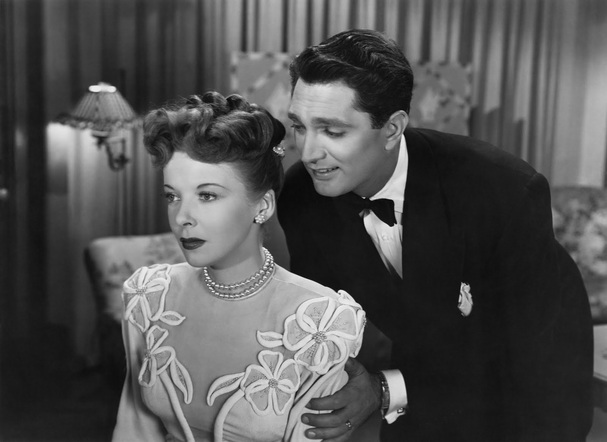 After getting out of a long relationship, singer Petey Brown decides to visit her two sisters and brother in Long Beach. On her arrival, Petey learns that her sister and brother are involved in various ways with Nicky Toresca, who runs one of the local nightclubs. In an effort to get involved, Petey lands a job at Nicky's nightclub, where Nicky relentlessly pursues her romantically. Avoiding Nicky's attempts, Petey falls in love with a downtrodden ex-jazz pianist, Sand Thomas, who has never been able to quite recover from his ugly divorce. Raoul Walsh's The Man I Love is a very dense narrative that features an alluring mixture of melodrama, film noir, and jazz. At the center of it all is Ida Lupino's Petey Brown, a no-nonsense, whip smart woman who is the driving force behind the narrative. Petey is one of the strongest female characters I've seen from a film of this era, being the primary person to inflict change in nearly all of the characters. While she is a beacon of strength among her family, the relationship she forms with Sand Thomas is where we see her own fragility. Raoul Walsh uses this relationship between Petey and Sand to further capture the idea that no one has life figured out, showing how even someone as strong and centered as Petey is still looking for answers. Raoul Walsh's The Man I Love unquestionably influenced Scorsese's New York, New York, being a sprawling but centered story about longing, romance, and life.  On the day of her birthday party, 11-year-old Angeliki jumps off the balcony of her family's fourth-floor apartment with a smile on her face, killing herself on the concrete below. An investigation begins in an effort to comprehend why such a young girl would kill herself. The family insists that Angeliki's death was a tragic accident, hoping to move on from this tragedy, but the deeper the investigation goes it becomes apparent that unspeakable horror lives underneath the family's placid demeanor. Alexandros Avrana's Miss Violence is the latest film in a remarkable wave of contemporary Greek Cinema dealing with iconoclasm. With a deadpan detachment, Miss Violence presents a seemingly perfect family, slowly revealing a much more dark world of female oppression by the grandfather of the household. Without going into details, this father-figure is one of the most sinister characters committed to celluloid in recent years, specifically due to the calm, detached way he carries out his heinous acts. While this is a film that some are sure to write off as fetishist violence, Miss Violence is actually an interesting allegory about female oppression in society, with the father and mother of the film encapsulating the problems and lack of solutions, at times, which can persist. Miss Violence works so well because it takes its time revealing itself, using grief as a cloak to disguise the greater evil lurking in the family unit. Towards the beginning of the film one finds themselves caring for this father figure, chalking his pro-active, disciplinary methods to the idea that every person has their own way of dealing with tragedy. Regardless of its unconventional approach, Miss Violence is a rally cry in the crusade of violence against woman and female oppression, making it another film to add to the list of impressive films coming out of contemporary Greek cinema. 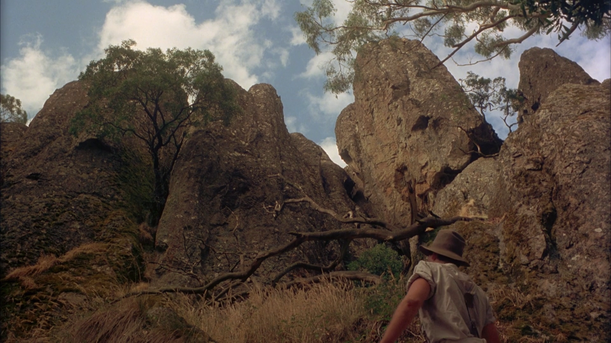 Peter Weir's Picnic at Hanging Rock is a haunting and enigmatic mystery set in Australia during 1900. The film centers around a female boarding school as they attend a Valentine's Day picnic in the countryside. Led by the beautiful Miranda, several of the girls decide to explore the rock formations, known as Hanging Rock, only to mysteriously disappear without a trace, sending the boarding school and town into a frenzy. Picnic at Hanging Rock is the type of film that gives no clear-cut meaning behind its various actions, forcing the viewer to read between the lines in order to grasp the film's thematic intentions. While the centerpiece of the narrative revolves around the disappearance of these three girls, Weir intentionally never makes it clear what exactly happened, much more interested in the events surrounding this enigmatic disappearance than the solution. This is a film that juggles a host of themes (oppresive culture of Christianity, British imperialism, etc.) but for me its main theme revolves around sexual oppression, and the inability of institutionalized society and/or religion to suppress such carnal desires. One of Picnic At Hanging Rock's best attributes is its atmosphere, with Peter Weir making the landscapes and environment of Picnic At Hanging Rock a characters itself, giving these rock formations a creepy aura while shooting them in a way that symbolizes male and female reproductive organs. The young ladies and young boy at the center of this story are individuals just discovering their sexual desires, and the way this mysterious Picnic Rock affects them only further illustrates this . Peter Weir's Picnic at Hanging Rock is a haunting, evocative mystery that uses its central narrative conflict as a outlet to express its various ideas, being a fascinating and profound first feature. 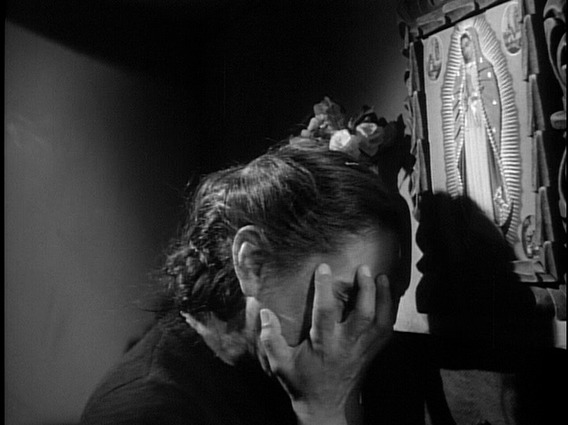 Based on actual events, Herbert Biberman's Salt of the Earth is a landmark film that is a powerful and persuasive labor rights drama that depicts a strike by Mexican-American mineworkers in New Mexico. With a cast comprised almost exclusively of non-professional actors, most of which being participants in the real-life strike, Salt of the Earth concerns itself with the measures taken by a group of largely Hispanic miners who have no choice but to unionize in an effort to improve their working and living conditions. Against this much larger social backdrop, Salt of the Earth tells a smaller family drama revolving around Ramon and Esperanza Quientero, a family effected by the horrible living conditions. While Salt of the Earth is without question a seething portrait of the mistreatment of blue-collar workers, the film's greatest attribute is its unbelievable foresight, where it basically anticipates the woman's liberation moment which wouldn't come to be for another decade. When the miners find themselves bullied, beaten, and oppressed by the company, it's their wives who stand up in protest, keeping the strike alive, even when their husbands are reluctant to accept their help. Herbert Biberman was clearly interested in raising awareness for woman with this story, capturing how the machoism of the miners and men in general, leads them to resent their wives, unable to wholeheartedly accept that their perceived "lesser-halves" could achieve what they can't. Even going one step further, Biberman creates a complete role reversal among the males and females, showing the men staying at home to take care of their families while the woman protest. From a technical standpoint, there is nothing overly impressive about Salt of the Earth, wearing its message firmly on its sleeve with little subtlety or nuance to its storytelling. Make no mistake, Herbert Biberman's Salt of the Earth is without a doubt a propaganda film by definition but its overall message and incredibly foresight make it nonetheless impressive. 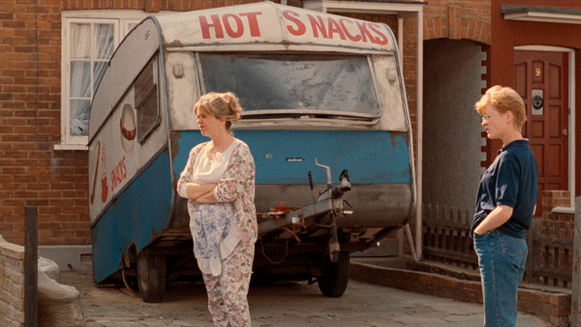 Wendy and Allen, working class parents, live with their two 20-something twin daughters, Nicola and Natalie, in the London suburbs. Andy is a good-natured fellow and professional cook, who has a propensity for biting off more than he can chew. His wife, Wendy, always seems to have a sunny disposition while their daughters couldn't be more different. Natalie works a plumbers' assistant, a tomboy of sorts, she believe to have found her calling in life. On the other hand there is Nicola, an unemployed, angst-ridden woman who holds contempt for conventionality. Mike Leigh's Life is Sweet offers a slice-of-life, deconstruction of a working class family in the suburbs. Every character in this family unit is explored, with Leigh creating an effective portrait of the conflict and love that takes place, capturing various family dynamics all very common in any family unit. Like much of Leigh's work, Life is Sweet is able to balance its comedic and dramatic moments extremely well, giving us a genuine portrait of ups and downs of a family unit while never feeling melodramatic and manipulative. Nicola's character provides the largest amount of emotional weight in the story, a young woman whose poor self-image has made her depressed and bitter at the world, with Leigh exploring the dynamics of a young person in this situation, regardless of how optimistic her parents are. Mike Leigh's Life is Sweet is an honest look into a working-class, low-income family that effectively captures the various emotions which persist in a family due to both personal and economical situations. 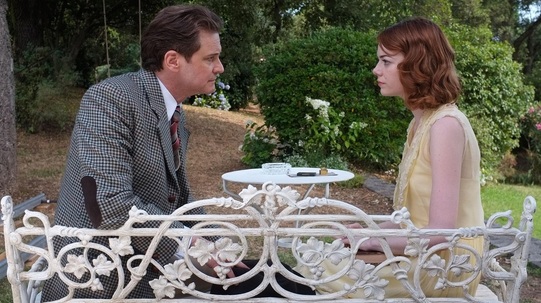 Stanely Crawford is one of the most celebrated magicians in the world, though you wouldn't know it by his arrogant demeanor and overall cynicism and disgust of spiritualists. One night, after his latest performance as his stage persona, the Chinese conjuror Wei Ling Soo, he is approached by his friend Howard, a fellow magician, who convinces Stanley to accompany him to the Cote d'Azur mansion, where a clairvoyant has convinced the wealthy owners she can speak with the dead. With his sky-high opinion of himself in tow, Stanley sets out to expose Sophia, the clairvoyant, as a fraud, only to slowly fall in love with her. Woody Allen's Magic in the Moonlight is aided by a witty script and evocations about science vs spirituality but unfortunately it fails at delivering a truly believable romance. Colin Firth's performance is the standout of the film, a deeply cynical character whose high regard of himself is only matched by his use of sarcasm. He is an incredibly arrogant man that is highly enjoyable to watch, intent on only believing what is rooted in fact. What is interesting about Magic in the Moonlight is how it thematically starts off as a film pondering the rhyme and reason of our existence, commenting on the idea of faith vs. fact, only to evolve into philosophical debate of optimism vs. pessimism. Allen confronts the idea of a world after the death with grace, almost suggesting that the difference between those that believe in a higher power are the optimists and those that don't are the pessimists. While these ideals make the film a worthy piece of Woody Allen's film canon, Magic in the Moonlight ultimately fails because of its love story. Everything about Stanley and Sophia's romance felt forced to me, never feeling that their budding romance was organic in the story. Both Firth and Stone give solid performances but I had trouble simply believing Sophia's character could fall in love with Stanley, given their drastic difference in overall disposition. There whole relationship in the film feels like a silly flirtation but nothing more, making the film's final moments feel too abrupt. In the end, Woody Allen's Magic in the Moonlight is full of sharp dialogue, which makes it an entertaining ride, even if the central relationship between Sophia and Stanley ends up feeling force fed to the viewer. 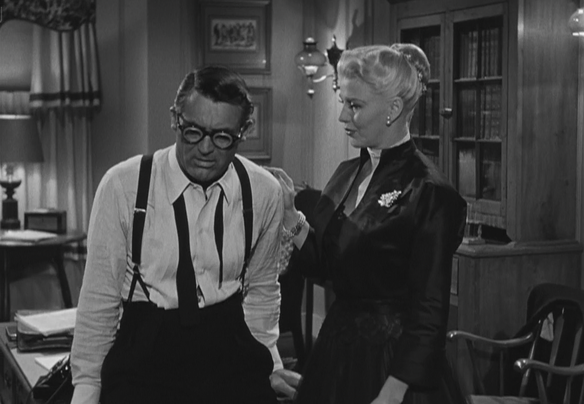 Dr. Barnaby is a highly intelligent, absent-minded chemist whose been working on a formula designed to revitalize older adults on both a mental and physical level. Seeking the "fountain of youth", Dr. Barnaby's experiments have yielded little breakthroughs. That all changes when a lab monkey, who escaped from its cage, randomly mixes the chemicals yielding precisely the formula he was looking for. When Dr. Barnaby takes the formula himself he is transformed into a carefree teenager, spending a harmless afternoon on the town with his bosses lush secretary, which rouses the ire of his wife. Howard Hawk's Monkey Business is a enjoyable screwball comedy centered around how a youth formula effects the relationship of a married couple in Dr. Barnaby and his wife, Edwina. This is a film very much in the mold of Hawk's other screwball comedies, though it pales in comparison to films like Bringing up Baby or Ball of Fire. Monkey Business is a film which encapsulates the notion of "You're only as old as you feel", with the youth formula only causing insecurity and strife to bubble to the surface of the couples' relationship. This must have been a very fun movie to make, with both Carey Grant and Ginger Rogers getting to play hyper, unhinged versions of themselves when portraying the effects of the formula. Hawks takes full advantage of the concept, capturing the high contrast personality differences between youth and maturity, as these two characters run amok. With Monkey Business, Howard Hawks seems less concerned with the dramatic beats of the story, opting instead to simply create a fun, screwball comedy that isn't too concerned with being anything but care-free. 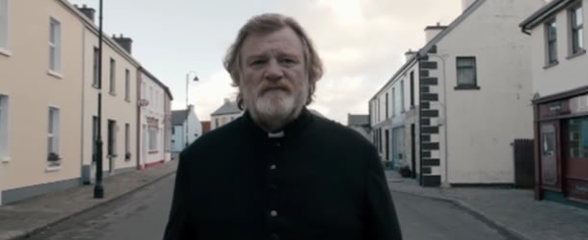 Father James is a good priest, who works in a small parish in a country town in Ireland. One day while in confession, a man threatens the life of the good-natured priest sending his life spiraling out of control. Further complicating matters his his troubled daughter arrives in town, leading Father James juggling between his daughter and the need to reach out to members of his church navigating offensive moral problems. John Michael McDonagh's Calvary is a dramatic, and often comedic, story that manages both elements extremely well. Much of the film is spent as Father James talks to various members of the community, whose personalities and intentions couldn't be more different. It's really impressive how McDonagh managers to balance a tone that is shifting between nearly every character Father James comes across, going from comedic to dramatic to traumatic without skipping a beat. For a story about a man who is being given a week to live, Calvary lacks a lot of tension but it somehow works because of Gleeson's controlled character whose seeing a world full of moral indecency and fragility. Calvary does a great job at showing how this strife, tragedy, and fragility affect Father James, torturing his own soul as he struggles himself to comprehend the agony which exists in life. This isn't a film about religion per se, but more a spiritual experience about the power of human virtue and forgiveness. Father James is a man who sees the worst in people and yet his persistence in aiding them, always seeing positive side in them, speaks to the overall themes of the film. |
AuthorLove of all things cinema brought me here. Archives
June 2023
|
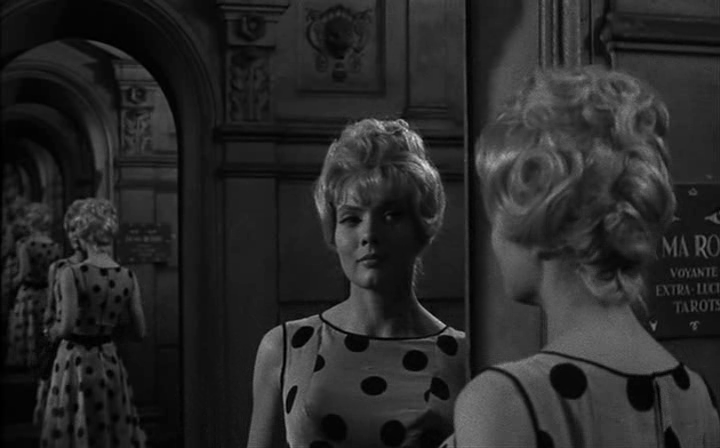
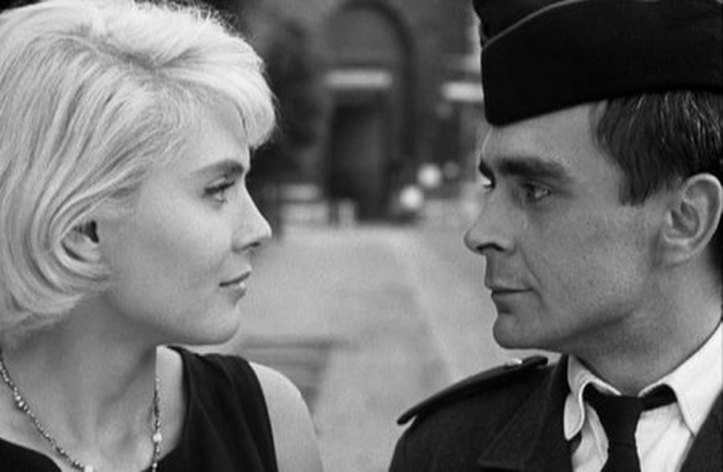
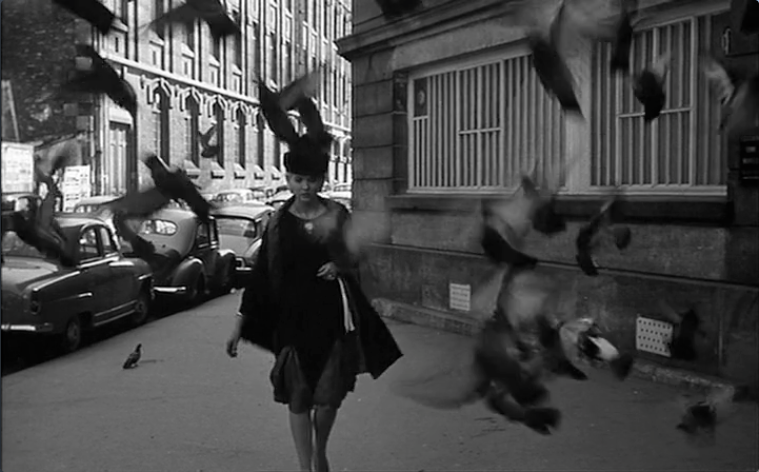
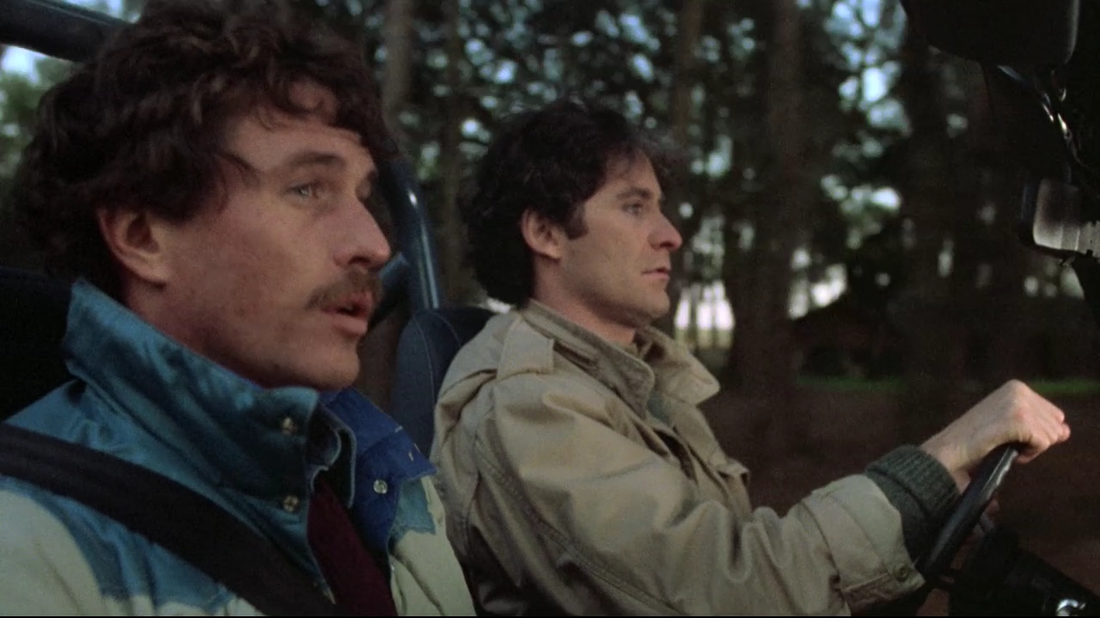
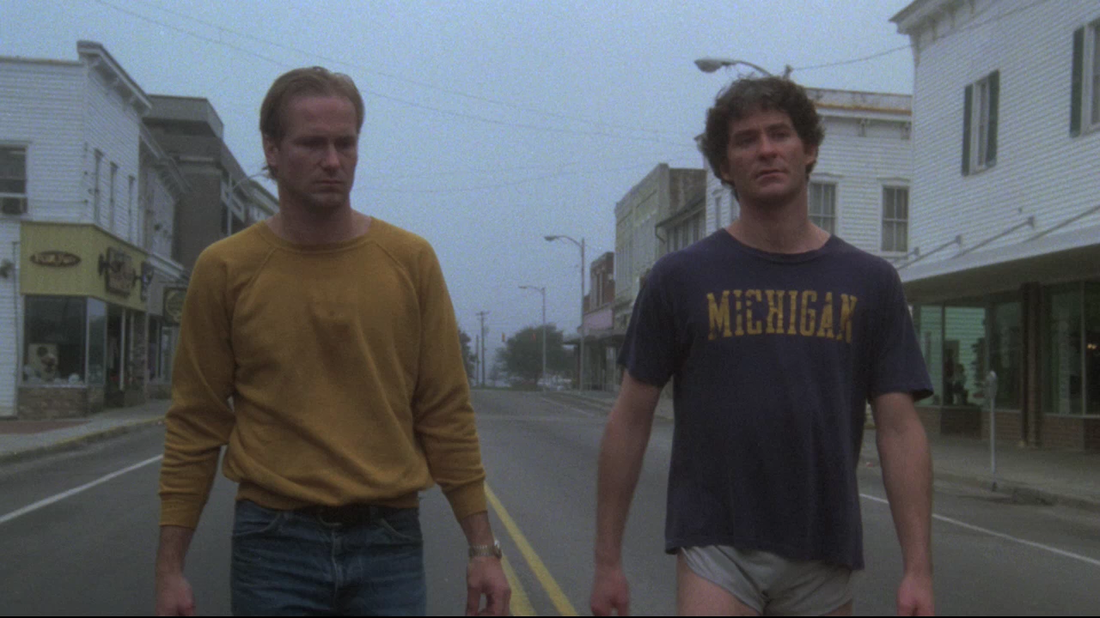
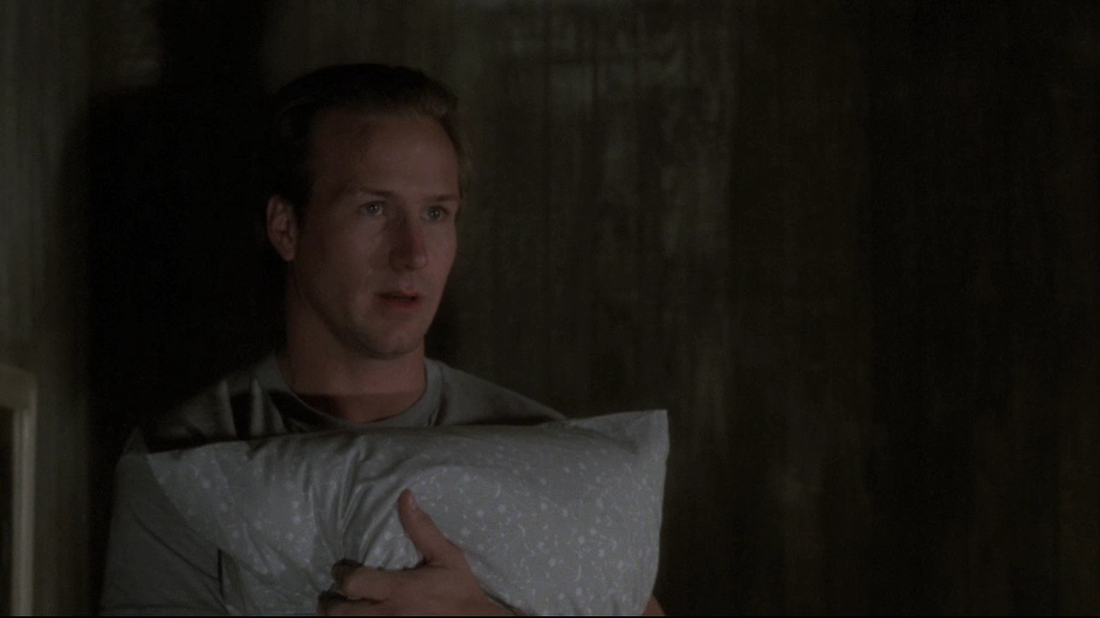
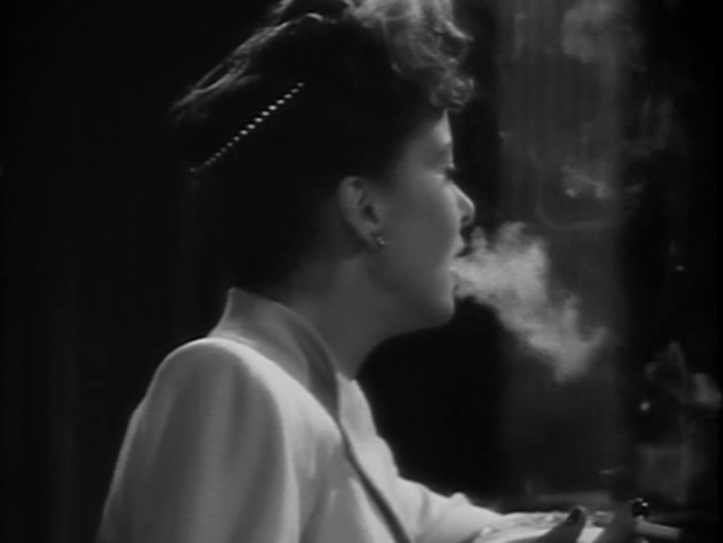
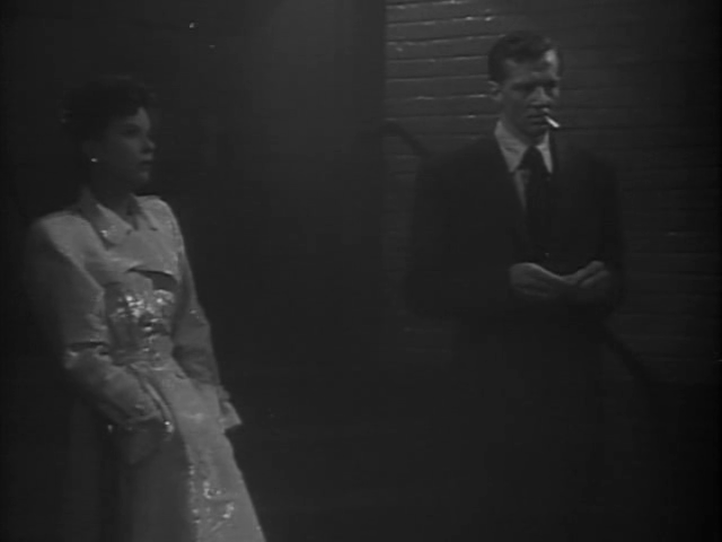
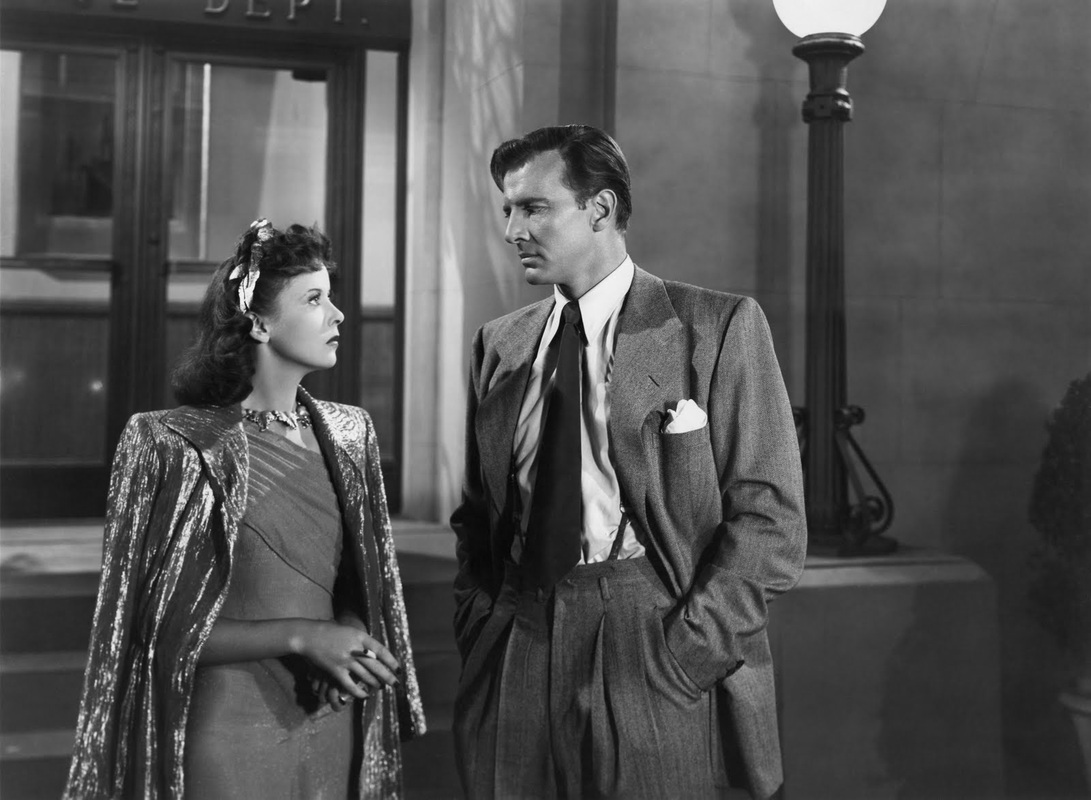
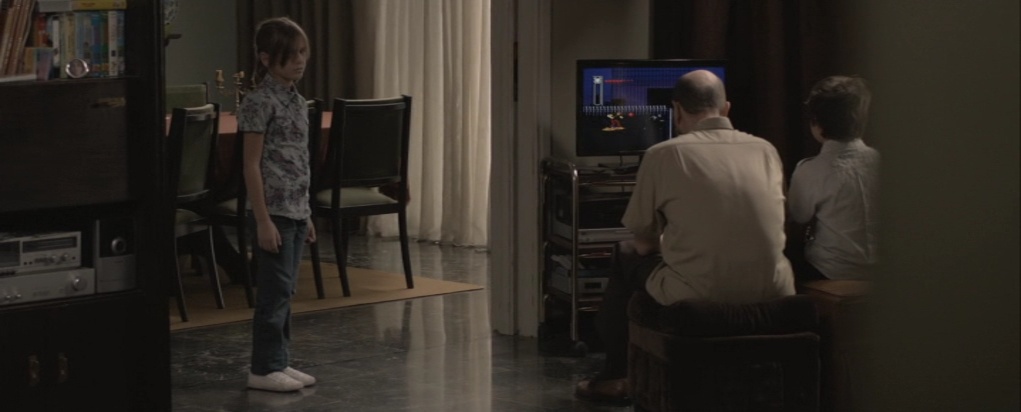
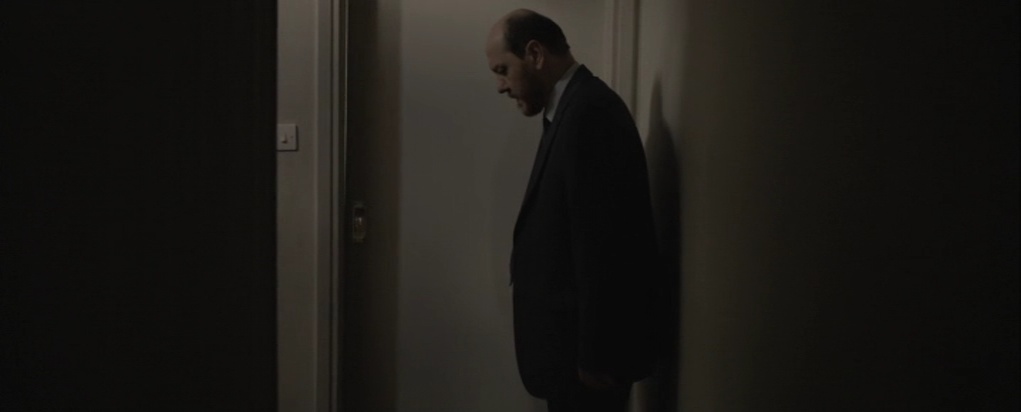
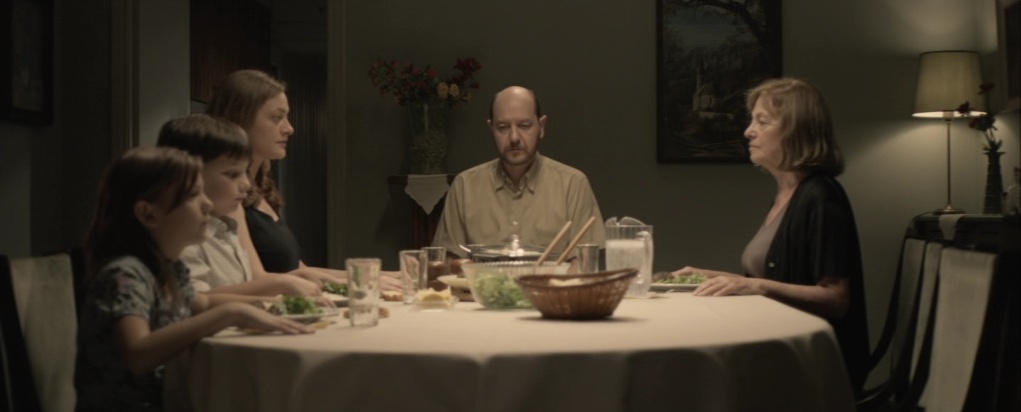
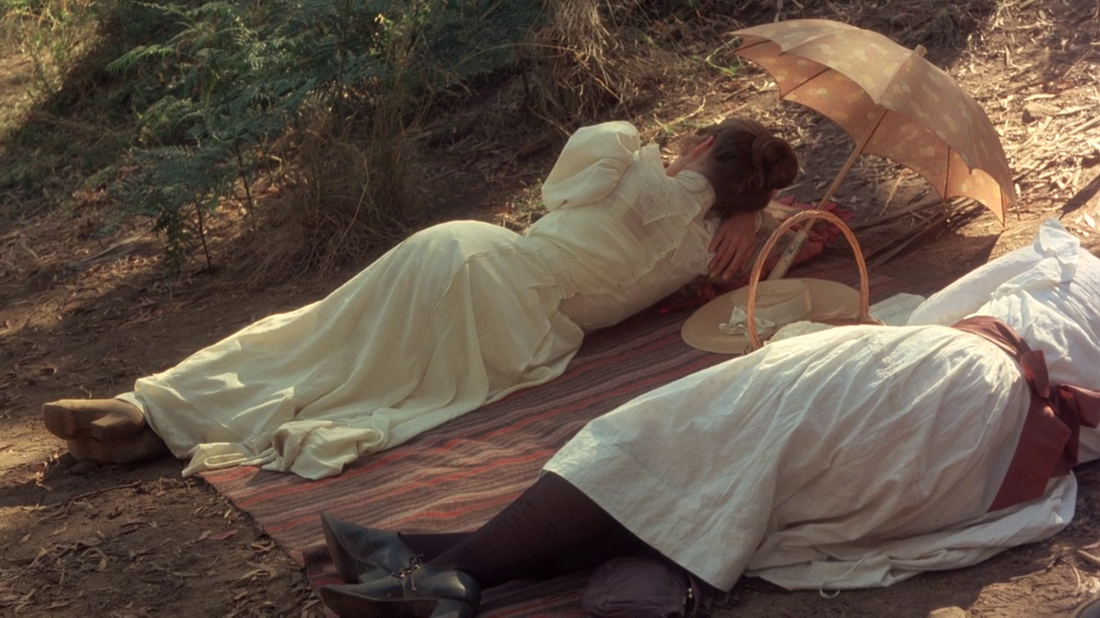
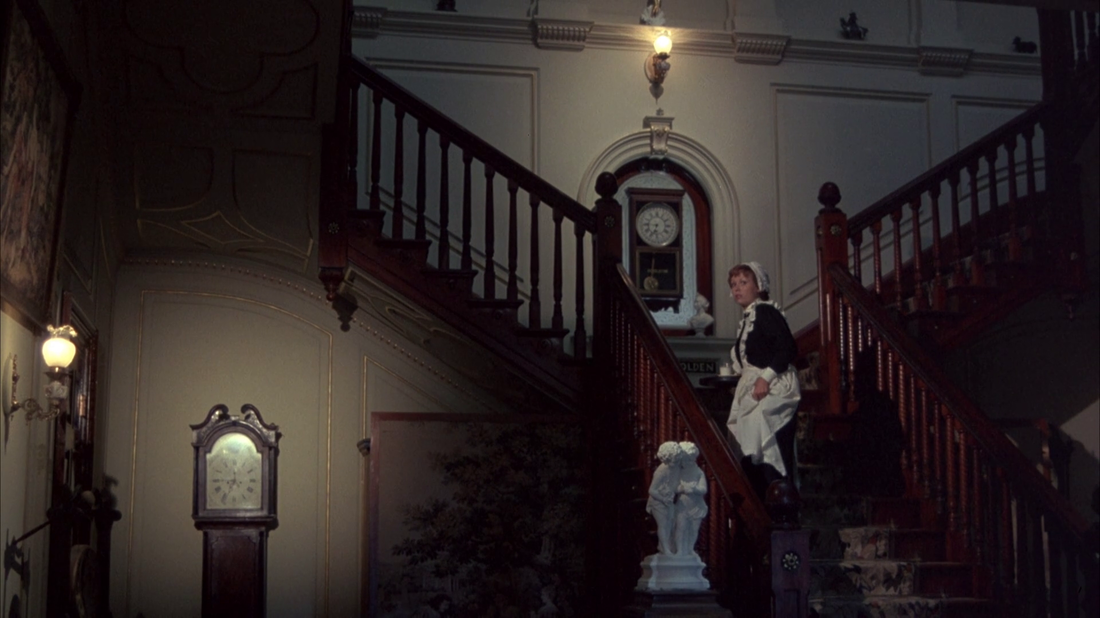
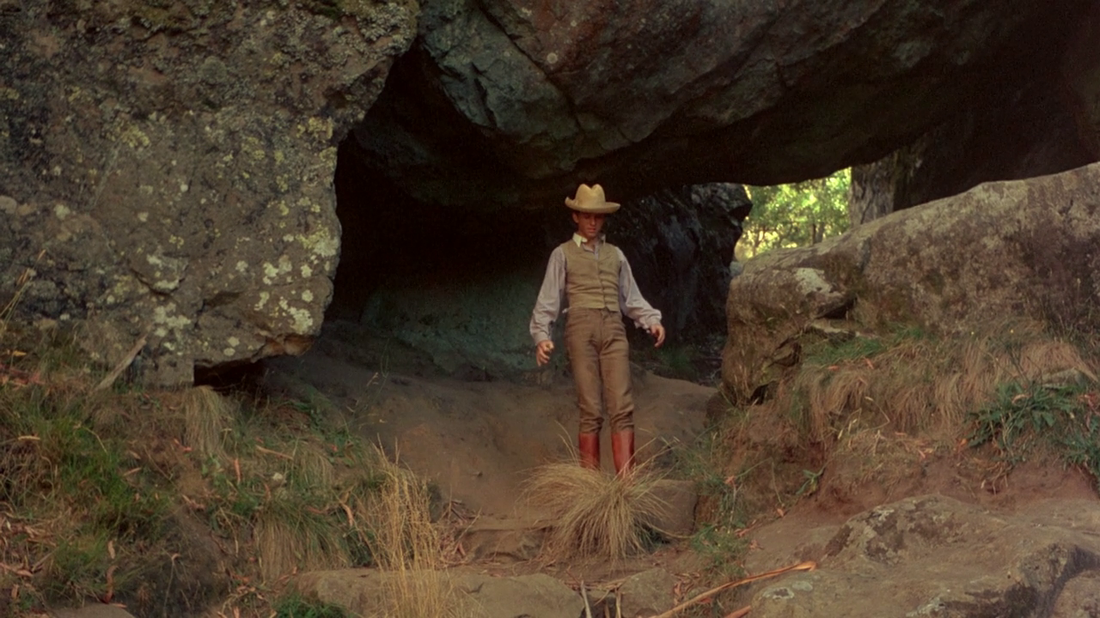
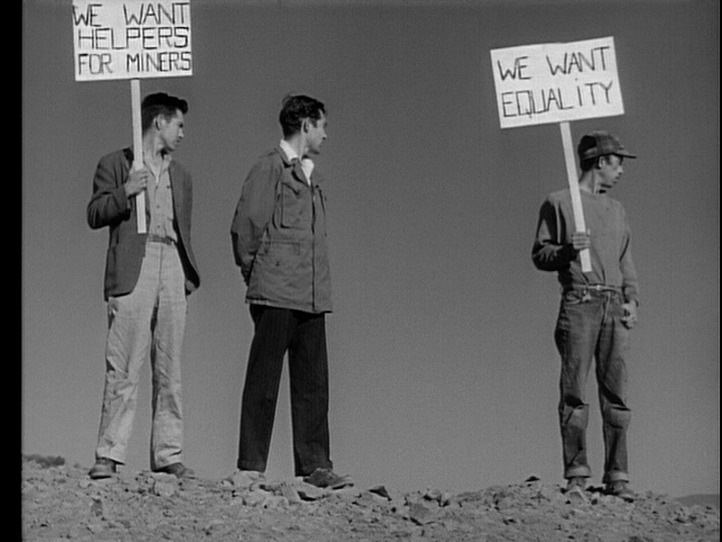
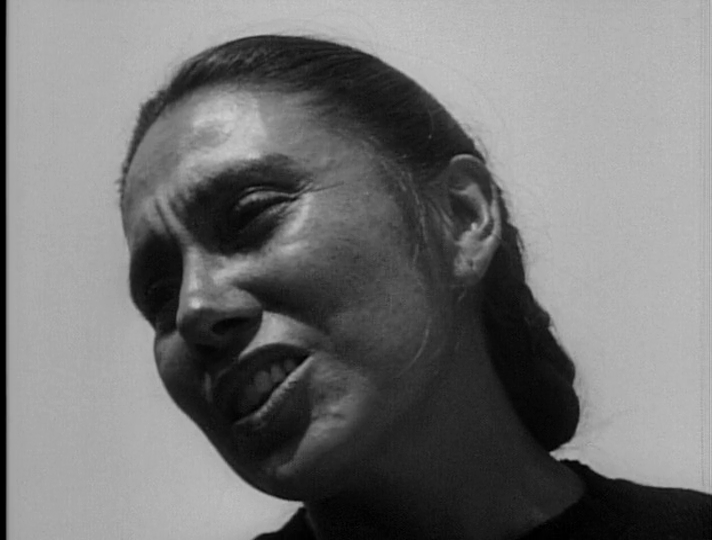
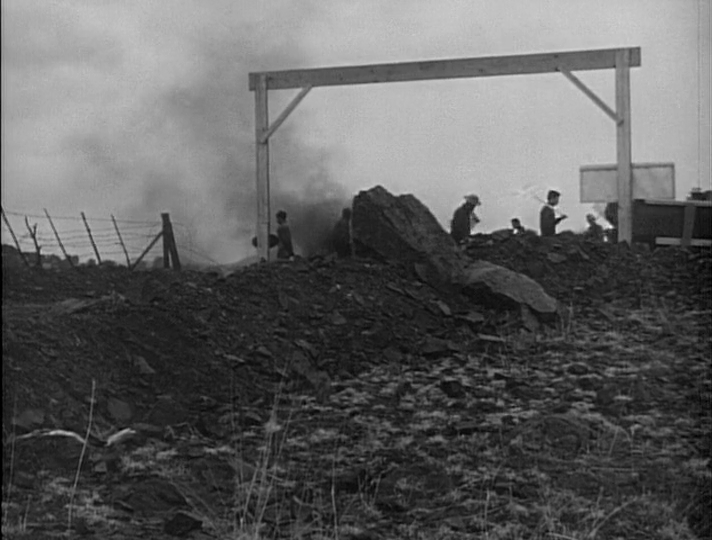
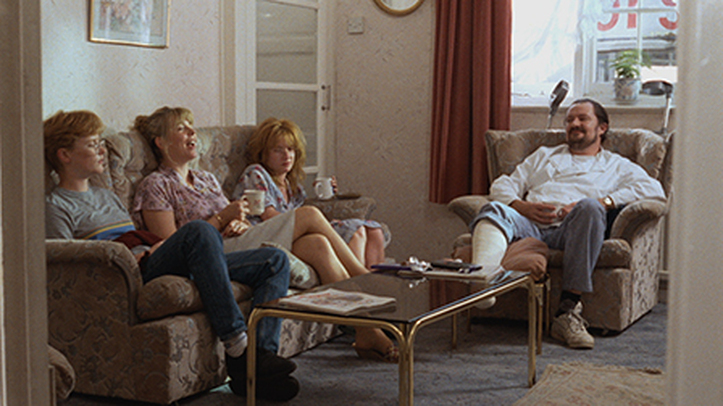
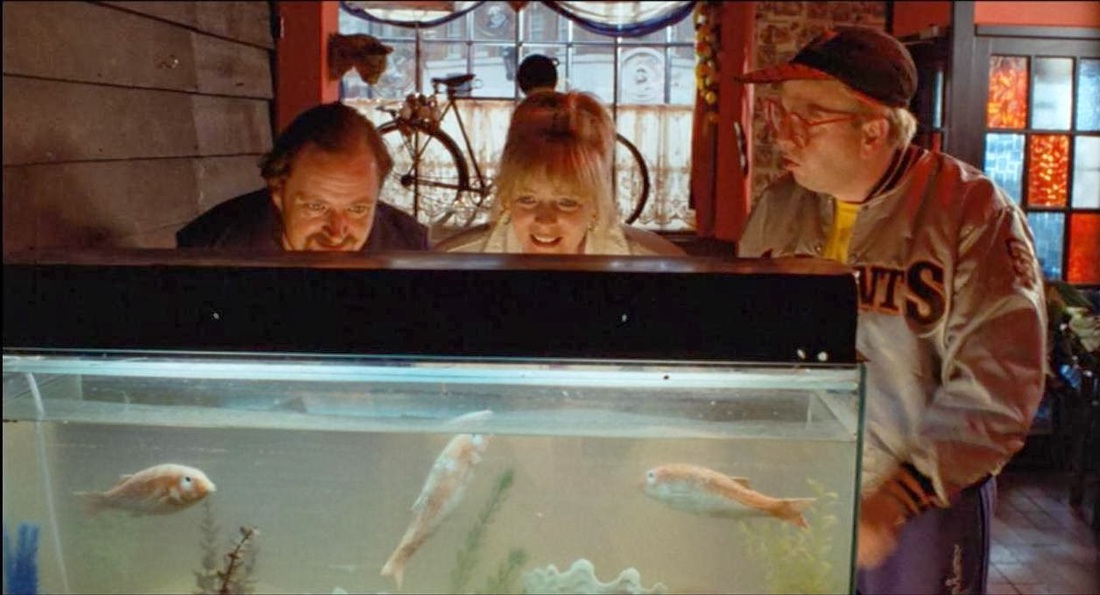

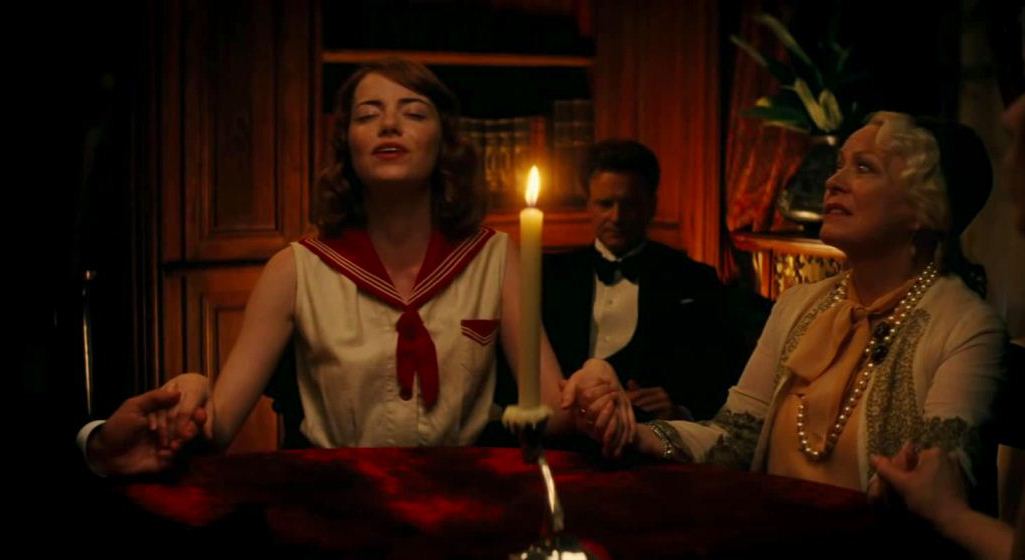
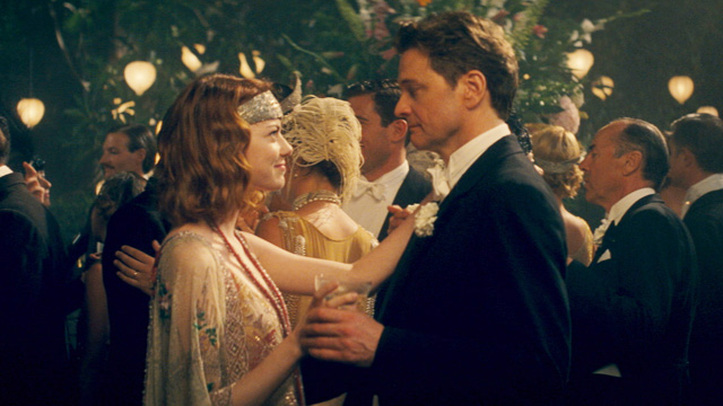
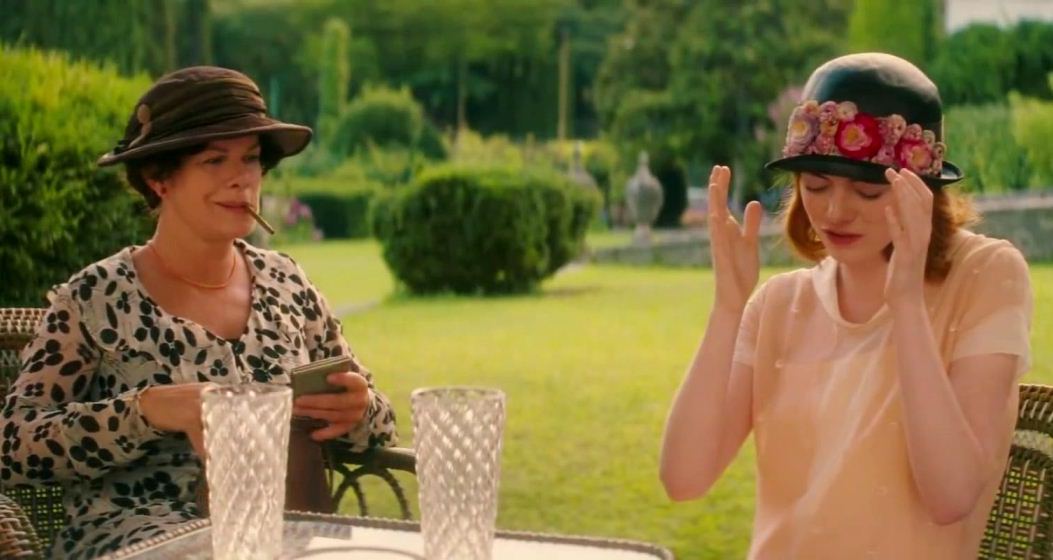
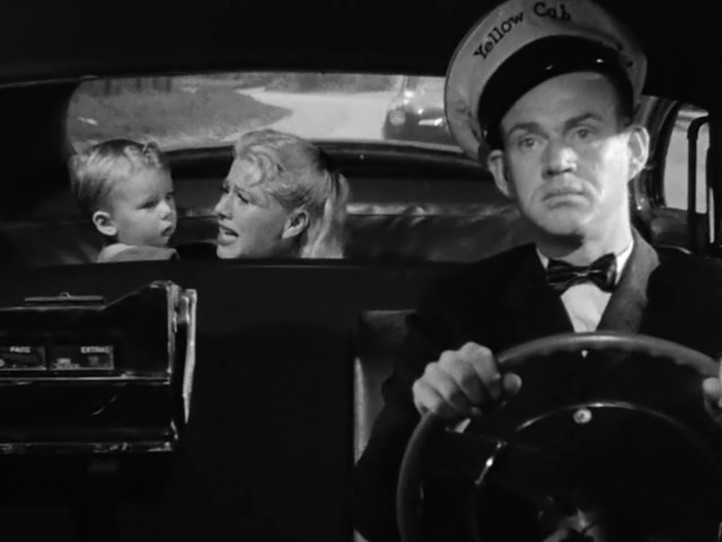
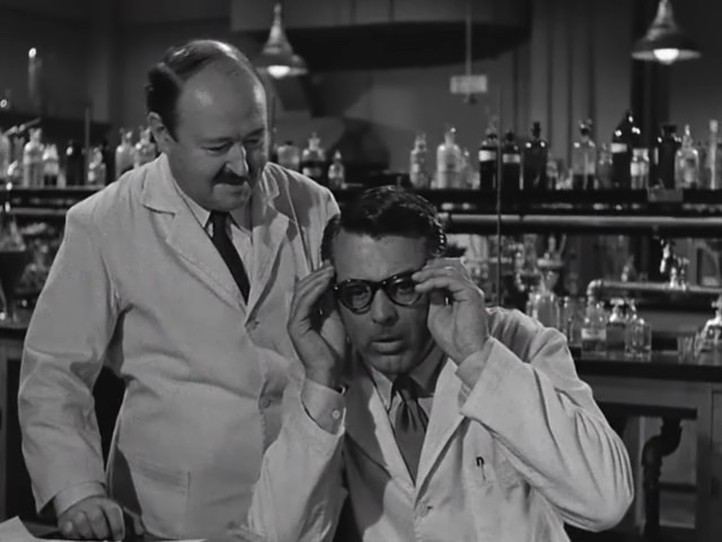
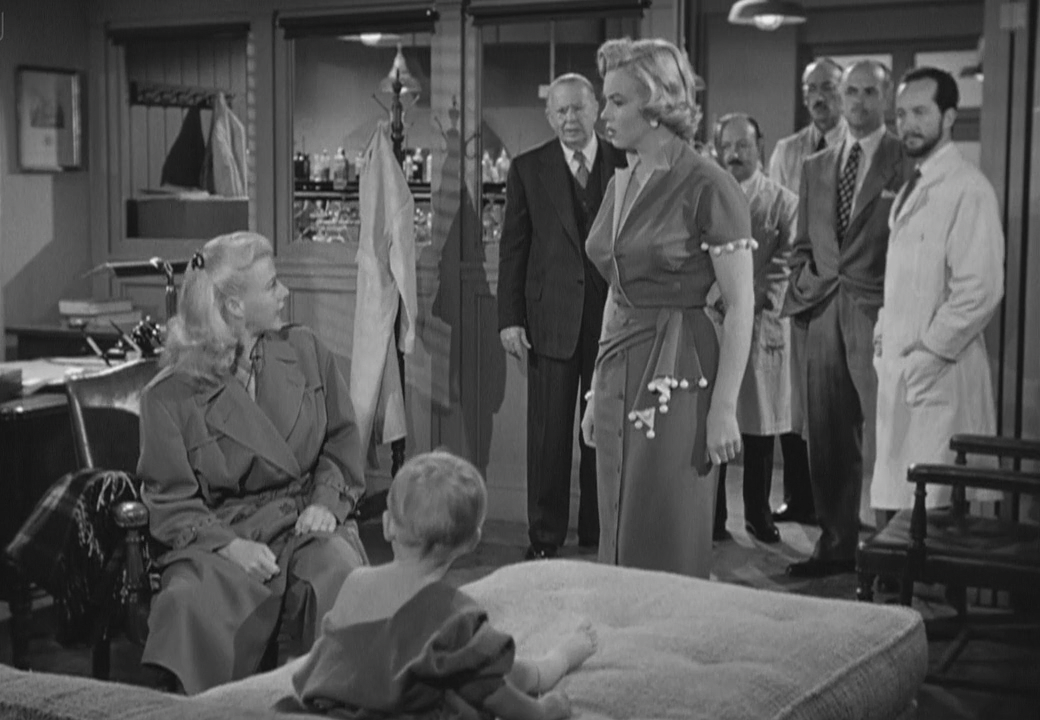
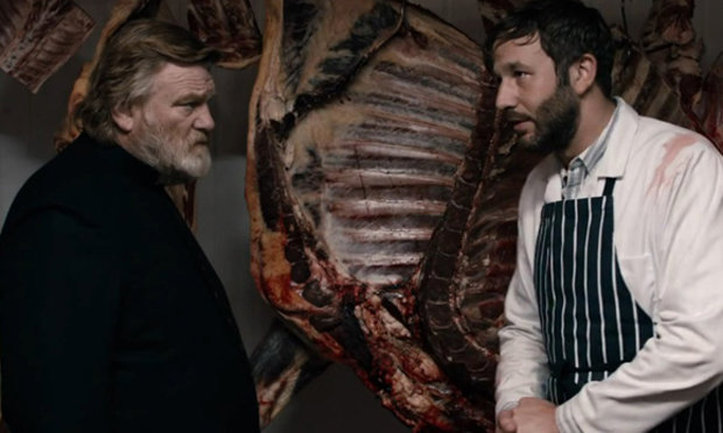
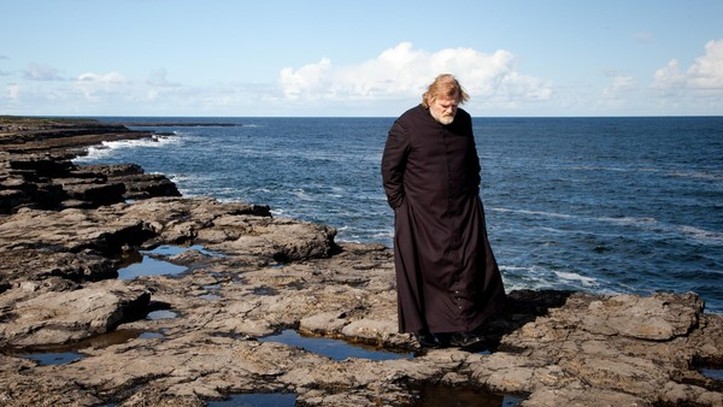
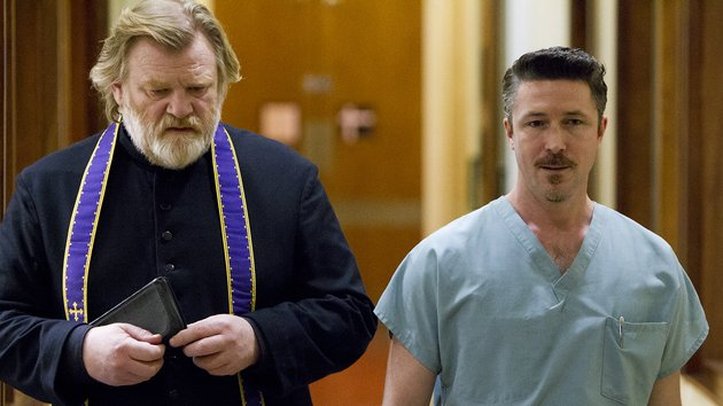
 RSS Feed
RSS Feed
